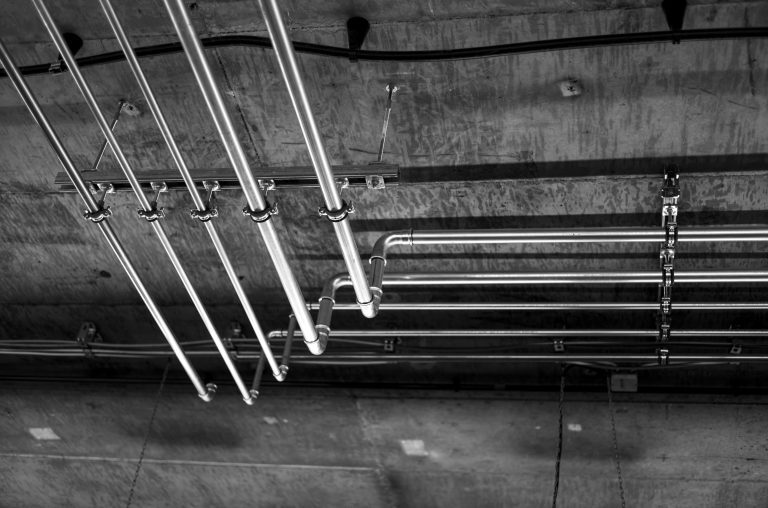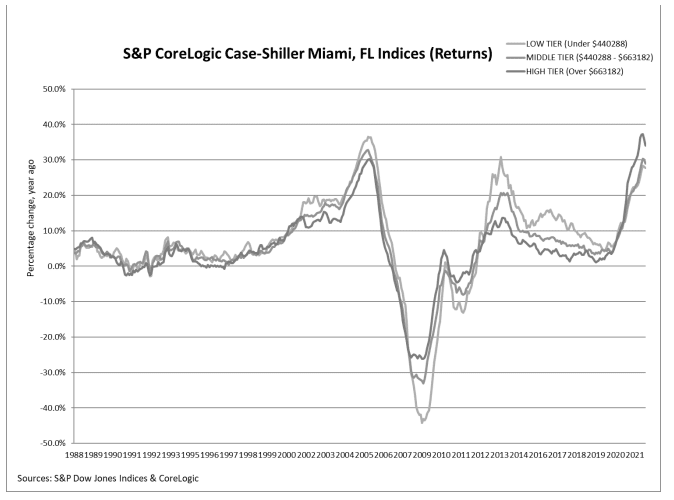Tips and Tricks for a Smooth FHA Appraisal
Tips and Tricks for a Smooth FHA Appraisal
FHA Appraisals don't need to be hard
FHA programs for first-time homebuyers are one of the most popular products used in our valuation business. Of the many benefits of going FHA on your home loan, it provides advantageous loan terms, a low down payment, and no PMI. Many borrowers are able to take advantage of this incredible loan program backed by the HUD and enjoy homeownership for themselves.
Part of our mission is to help educate our lending partners so they can educate their borrowers in turn. The more we help our partners educate themselves, the easier the valuation process is for everyone involved. We’ve put together a list of tips and tricks that can help your next FHA transaction smoother and get your borrower to close faster!

1. Water and Utilities
One of the first things that an appraiser will check when they visit the house for an FHA Appraisal is the utilities. FHA guidelines require that the appraiser confirm the function of major utilities in the home upon inspection. To cut down on delays, have the water and utilities on and functioning before the appraiser arrives. If water and utilities are not on, the appraisal will be subject to verification at a later time.
2. Peeling Paint
If your home was built before 1978 and has peeling paint, have the peeling paint scraped and painted before the appraiser arrives. FHA Appraisal requirements mandate that the appraiser checks for potential safety and security issues during the inspection. FHA Appraisers are required to point out any peeling paint on older homes due to possible lead-based paint.
Before the appraiser arrives, be sure to have all potential peeling paint, chipped/rotted wood, unstable railings, and leaks remedied or it will come up as a subject-to condition on the report.
3. Enclosed Carports and Porches
A little-known benefit of going FHA on your home loan is that unpermitted (illegal) carports and porches can be counted as living areas if completed in a workmanlike manner regardless of whether they are permitted. When an appraiser does their due diligence on the property, they must research the permitted GLA according to their local county records. If they notice an obvious GLA discrepancy, like a garage or porch, they have to go by the guidelines that match up to the appraisal being performed.
Conventional appraisals will count the unpermitted addition as illegal square footage while an FHA appraisal will count it toward the total GLA of the home. This can be hugely beneficial in the right circumstances, and as long as the work was done in the right fashion, its a win-win for everyone!
4. Septic and Sewer Hookups
An FHA appraisal requires that the appraiser comment on whether homes with septic tanks have sewer hookups available. The process of verifying whether a home can be hooked to a sewer can take weeks. Avoid the delay and get the letter from the city or homeowner before you meet the appraiser and save endless delays.
5. Pools
Green pools will cause a delay in the appraisal. When the appraiser comes to inspect, they will require the pool to be clean and presentable. It’s best to have a pool service come to do a cleanup prior to the appraisal being performed to avoid any unnecessary delays.
Remember, for FHA appraisals, the goal for the home is that it be Safe, Sound, and Secure. Practically speaking, the appraiser is expected to condition anything on inspection that affects the occupant’s safety, the soundness of the home, and the security of the home. Slippery steps, a leaning foundation, and broken windows are three items that are common sense problem areas…if you see something think of the 3 “S’s” and have it addressed before the appraisal inspection.



